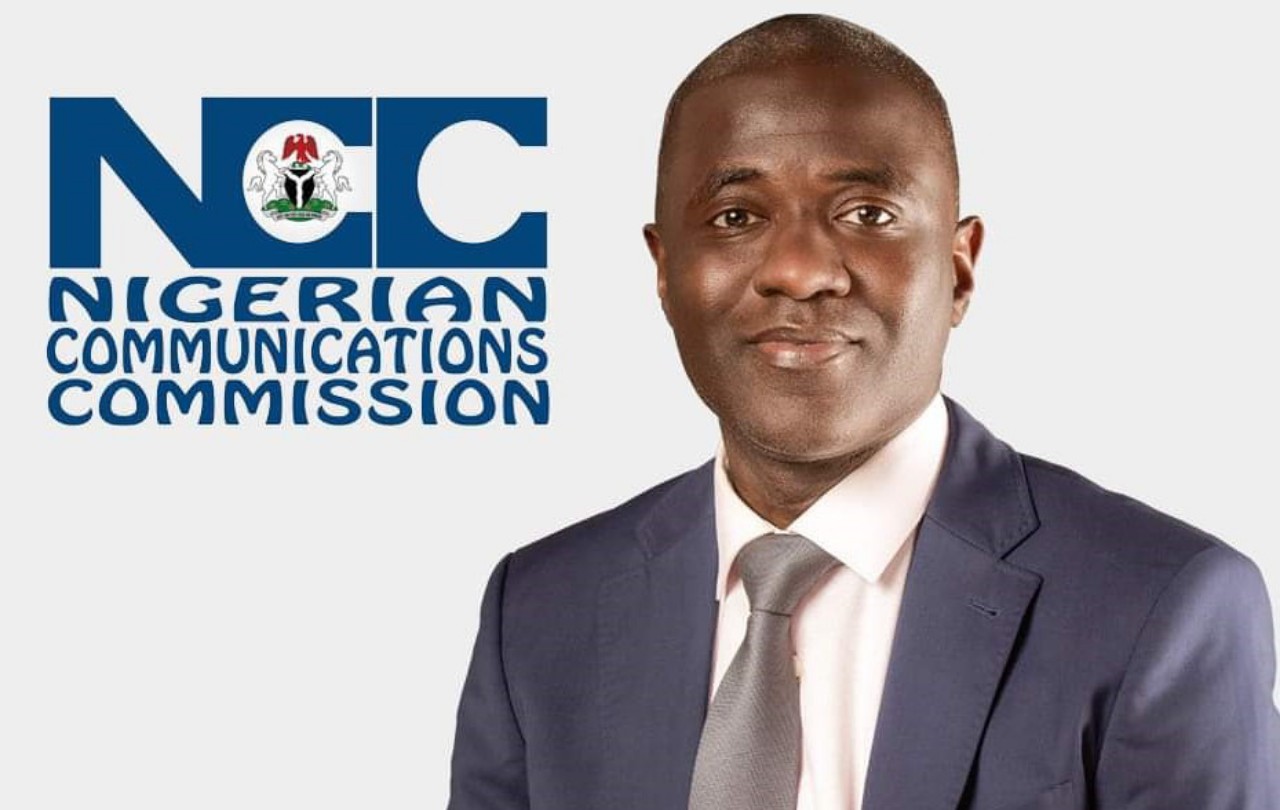Executive Vice Chairman/CEO of the Nigerian Communications Commission (NCC), Dr Aminu Maida, has said effective risk management is paramount to advancement in the telecoms industry.
He said effective risk management became essential as a necessary tool to navigate an era marked by rapid technological advancements.
Maida stated this in his opening remarks at a two-day Telecoms Industry Risk Management Conference, held on 20 and 21 February at Ikeja, Lagos.
The conference had the theme “Evolution And Future Risk Management In the Telecoms Industry: Harnessing Emerging Technologies And Trends”.
It brought together various stakeholders, including risk experts, academia, financial institutions and professionals in the telecoms industry.
The NCC EVC said the telecoms industry has found itself at the forefront of innovation, shaping communication, connection and conduct of business, hence the need for effective risk management.
“As we navigate this dynamic environment, the need for effective risk management becomes increasingly paramount.
“Today, we stand at the crossroads of tradition and transformation, where emerging technologies and trends present both unprecedented opportunities and challenges.
“While we discuss the current landscape of 5G networks, which boast of wider attack surface due to the increased number of connected devices and denser network infrastructure, it is imperative to even cast our gaze into the future.
“We are witnessing the dawn of 6G technology, the next frontier in wireless communication,” Maida said.
He said 6G holds the promises of even faster speeds, lower latency and groundbreaking applications, and with the potential to revolutionize connectivity experience.
“However, with this advancement comes the responsibility to address new risks, from cybersecurity threats to ethical considerations, ensuring that we pave the way for a secure and inclusive digital future.
“Looking beyond, the prospect of 7G technology also looms on the horizon.
“As we contemplate the possibilities, we must acknowledge that, with each generational leap, we face not only technological advancements but also a fresh set of challenges,” he added.
Maida also said anticipating and managing risks associated with 7G will require collaboration, innovation, and a proactive approach to ensure a seamless integration of the technology into the interconnected world.
He said, in addition to the evolution of connectivity, operators of the telecoms industry must consider the implications of emerging technologies.
Such technologies, he said, include quantum technologies (computing, sensing, and communications), advanced artificial intelligence, and Block Chain (distributed ledger) technologies.
Maida however assured of the commitment of the NCC to fostering an environment that would encourage innovation, while prioritising the security and stability of the telecom infrastructure.
He said industry players and other stakeholders are more crucial for sharing best practices, threat intelligence, resources and implementing robust risk management strategies in the course of navigating through through 5G and “the uncharted territory of the next generations of wireless technologies, collaborative efforts among regulators.”
He therefore urged stakeholders ti move beyond mere compliance and reactive measures, and instead, harness the power of these new technologies and trends to build a resilient and future-proof industry.
“You would recall that in my engagements with the industry and the media, I had stated that collaboration is a key driver of my leadership.
“Together, we can build a shared understanding of emerging risks and develop comprehensive mitigation strategies. Building a culture of risk awareness is paramount.
“As an industry, we must empower our people with the knowledge and skills to proactively identify and report risks and embed security awareness and risk management practices throughout our business processes.
“Emerging technologies such as AI should be leveraged to generate data-driven insights needed to predict, detect, and respond to risks in real-time.
“We should also monitor evolving threats and vulnerabilities on a continuous basis and streamline incidence response processes to build a resilient telecom industry,” he said.
He urged industry players, not only address the challenges posed by current technologies, but also anticipate and prepare for the opportunities and risks associated with the evolution towards 6G and beyond.
Earlier in his welcome address at the conference, NCC Head, Corporate Plannings, Strategy and Risk Management (HCPSRM), Mr Kelechi Nwankwo, re-stated that NCC was looking at reviewing the current operating standards and introducing new standards, in line with international best practices.
He said this was to facilitate resilience in the communications industry and urged participants at the conference to analyse, adapt and effectively manage the risks that accompany innovation and development.
“The fast-disruptive world of the telecoms industry has witnessed convergence of diverse technological advancements with the potential of reshaping our future.
“From 5G networks, the Internet of Things (IoT), and Artificial Intelligence (AI), to Cloud Computing and beyond, the possibilities are limitless. “However, with great opportunities, comes great risks, and it is our collective responsibility to address these risks and possibly safeguarding the industry’s growth and sustainability.
“This conference is a testament to our collective commitment towards recognizing the evolving risks and challenges we face, while embracing the immense opportunities emerging technologies and trends bring.
“Together, we will engage in discussions, gain key insights from industry experts, share experiences, and develop strategies to navigate through this ever-changing landscape,” he said.
Nwankwo also said the telecoms industry has gone through remarkable transformations, adding “it is our responsibility to stay informed, prepared, and proactive in managing the potential risks ahead.
“By harnessing the collective wisdom and experiences present in this conference, we can unlock new approaches to risk management that will shape the future of the industry.”






























